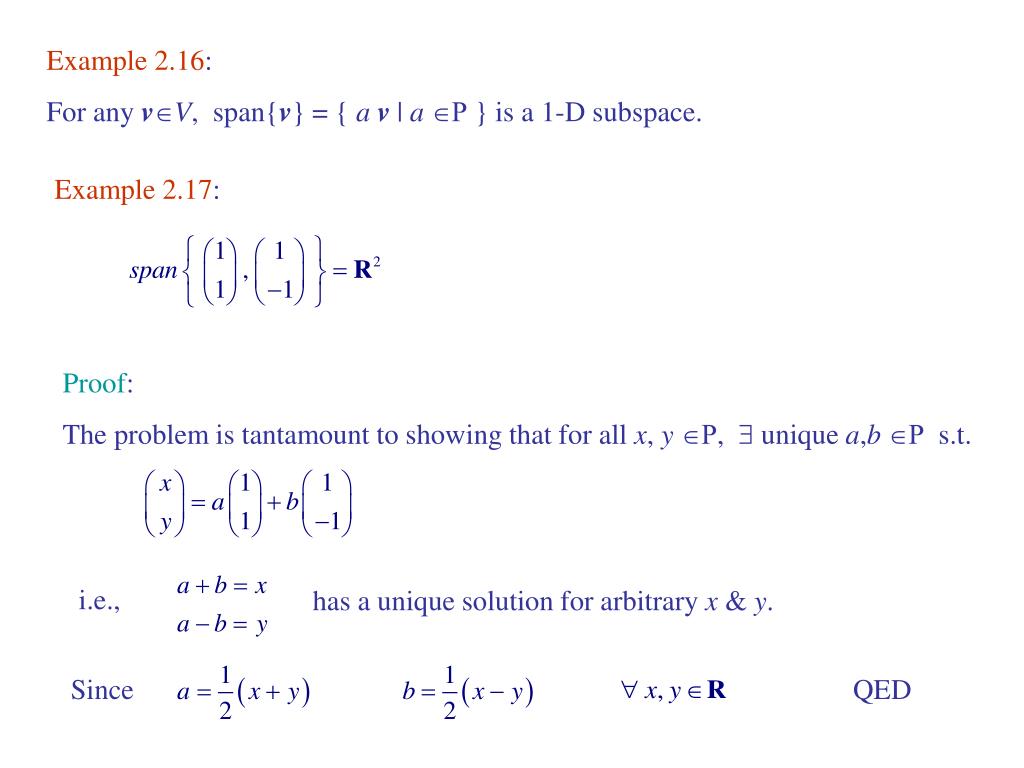

The latter space is not complete as the non-Cauchy sequence corresponding to t= n as n runs through the positive integers is mapped to a non-convergent Cauchy sequence on the circle. Is a homeomorphism between the complete metric space R and the incomplete space which is the unit circle in the Euclidean plane with the point (0,-1) deleted. For example, the real line R is homeomorphic to an open interval, say, (0,1).
The real numbers R are the completion of the rational numbers Q with respect to the usual metric of absolute distance.Ĭompleteness is not a topological property: it is possible for a complete metric space to be homeomorphic to a metric space which is not complete. (In R it converges to an irrational number.)Įvery metric space X has a completion which is a complete metric space in which X is isometrically embedded as a dense subspace. For example, the sequence ( x n) defined by x 0 = 1, x n+1 = 1 + 1/ x n is Cauchy, but does not converge in Q. The rational numbers Q are not complete. Thus, some bounded complete metric spaces are not compact. Hence any discrete metric space is complete. In a space with the discrete metric, the only Cauchy sequences are those which are constant from some point on. 
The converse does not hold: for example, R is complete but not compact.
Any compact metric space is sequentially compact and hence complete. The real numbers R, and more generally finite-dimensional Euclidean spaces, with the usual metric are complete. Then X is complete if for every Cauchy sequence there is an element such that.






 0 kommentar(er)
0 kommentar(er)
